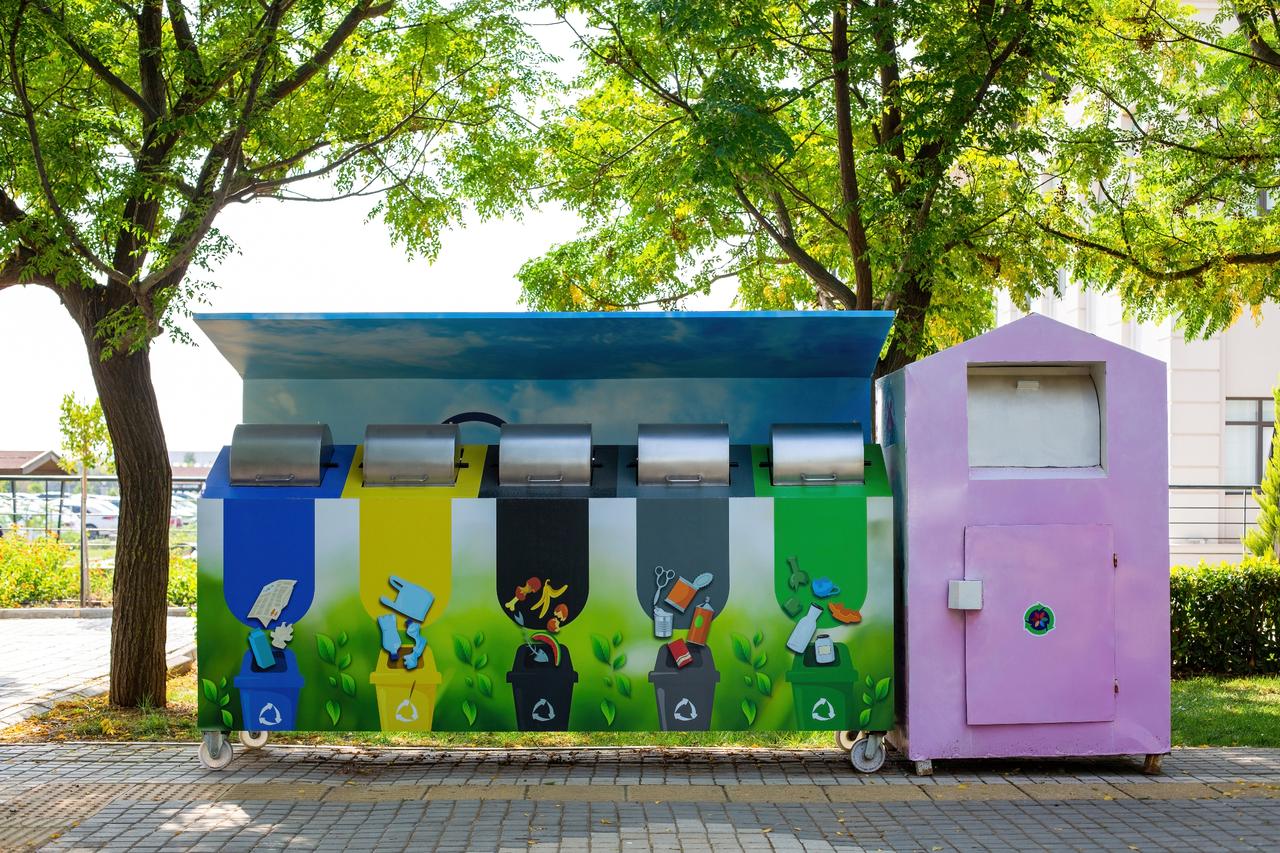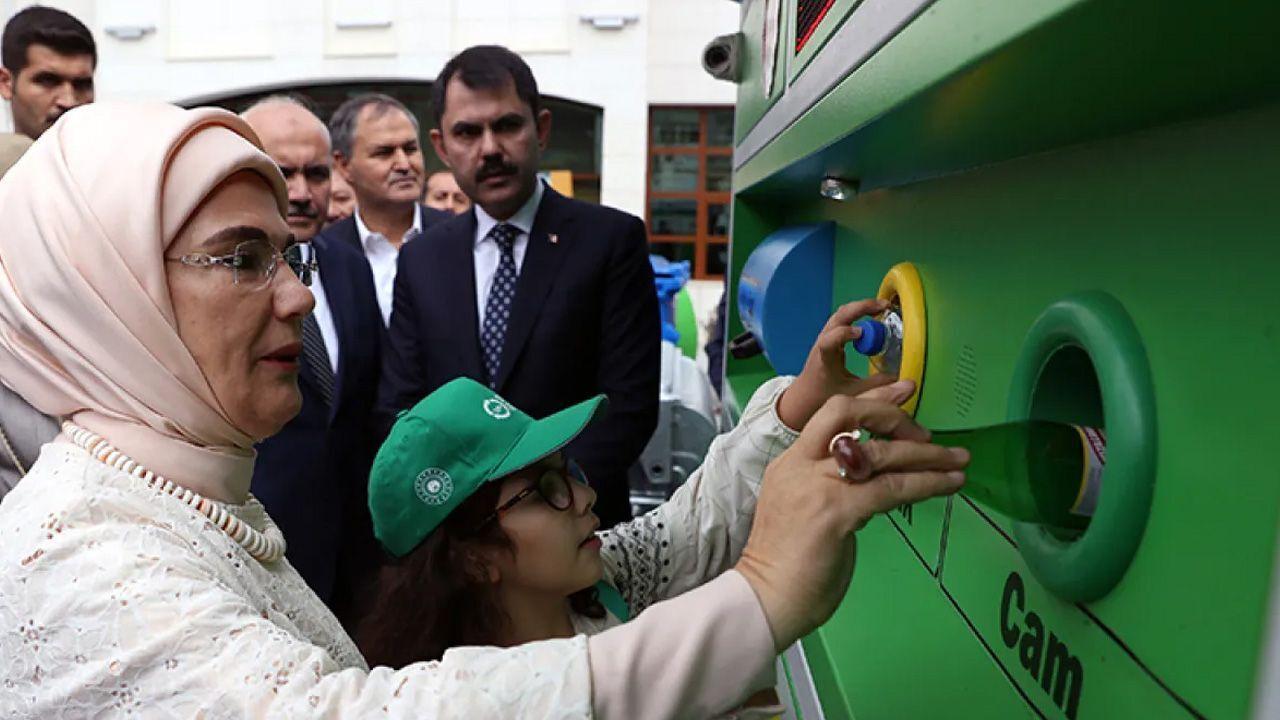
Türkiye’s nationwide Zero Waste Project, launched in 2017 with the support of First Lady Emine Erdogan, has recycled 74.5 million tons of waste to date, generating an estimated ₺256 billion ($6.2 billion) in Turkish economic value.
The initiative has also supported employment and resource savings while curbing environmental damage.
Since its launch, the program has contributed to major reductions in resource consumption, Türkiye daily reported.
Authorities reported savings of 1.71 trillion liters of water, 227 billion kilowatt-hours of electricity, and 54 billion liters of petroleum.
Carbon dioxide emissions were reduced by 150 million tons, while the initiative prevented the cutting of an estimated 552 million trees.
A deposit return system, which encourages the collection of beverage containers, was introduced as part of the program.
First piloted in Ankara, it was later extended to Sakarya, where 100 tons of glass bottles were collected within a short period.
Installations are continuing in Samsun, Erzurum, Mersin, Konya, Gaziantep and Izmir, with nationwide implementation planned for 2026.
The Zero Waste Blue initiative, launched in 2019 to address marine pollution, has so far removed 275,000 tons of waste from Turkish seas.
During the second five-year phase that began this year, more than 10,000 additional tons of waste have already been cleared from coastal areas.

The project has also been applied to post-disaster waste management. In cooperation with the United Nations and Japan, recycling facilities were established in Kahramanmaras and Hatay to process debris generated by the 2023 earthquakes.
Separately, the Mobile Waste Tracking System has safely disposed of 25 million tons of hazardous waste since 2016.
During the program, the recycling rate in Türkiye increased from 13% in 2017 to 36% in 2024, and officials set a target of 60% by 2035.